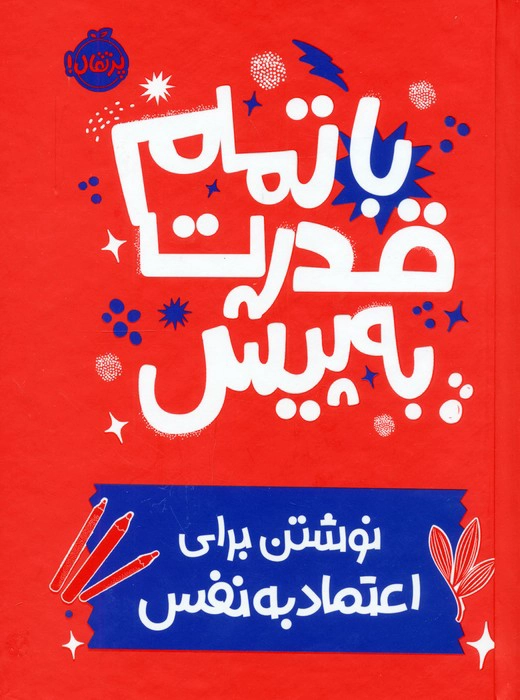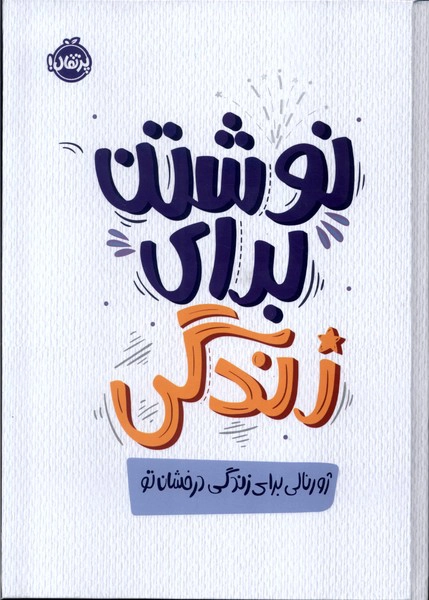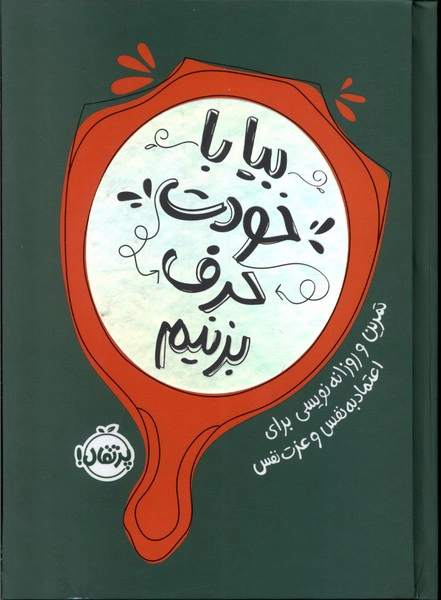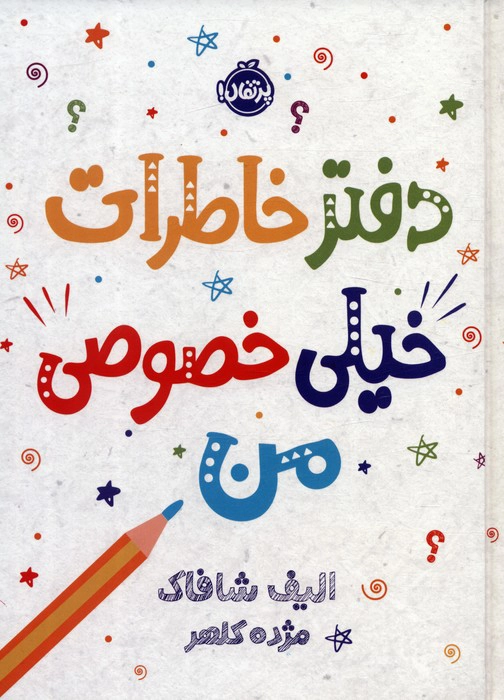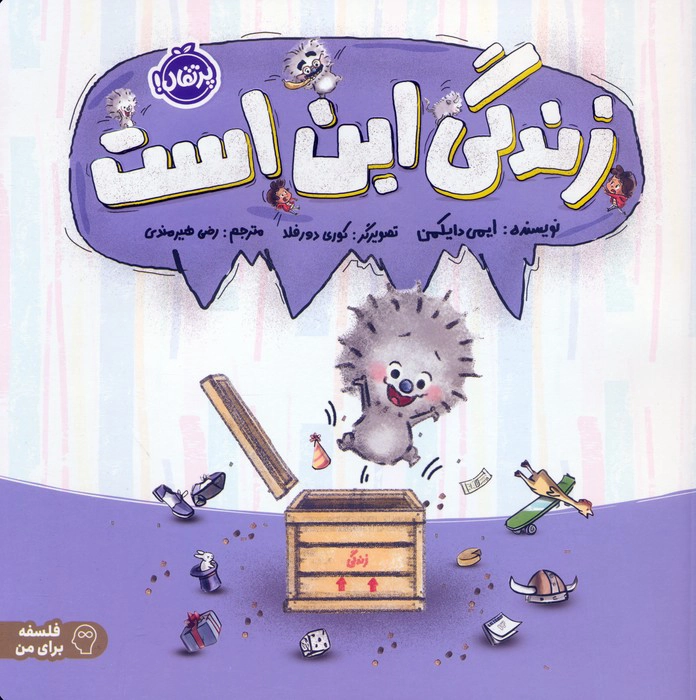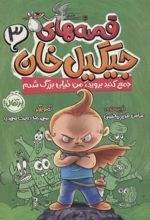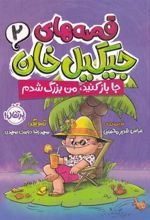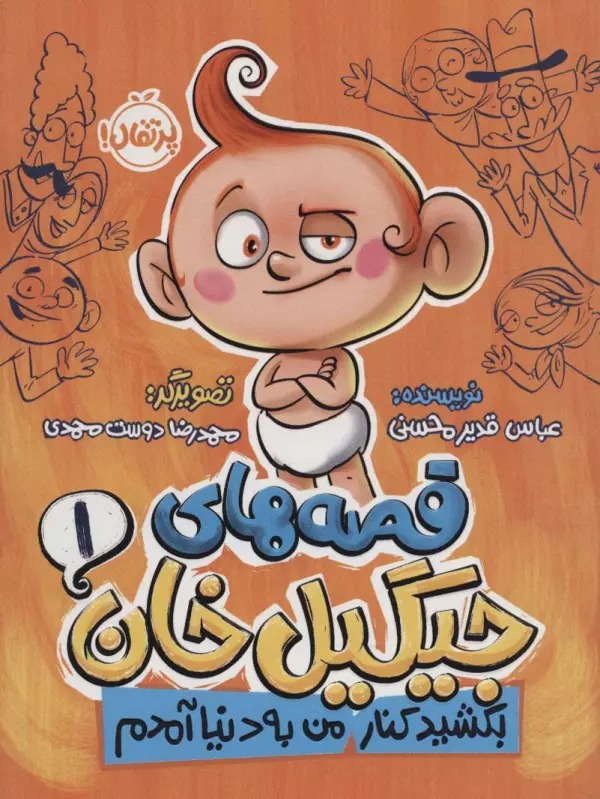Ba'z̤ī az Rāz'hā rā Nabāyad Nigah Dāsht: Persian 2024
بعضی از رازها را نباید نگه داشت
11.86 $
Share
Wishlist
Original Title:
Some Secrets Should Never Be Kept: Protect children from unsafe touch by teaching them to always speak up
ISBN:
9786004623377
Translator:
Mītrā Amīrī
Illustrator:
Craig Smith
Publisher:
Purtiqal
Age Group:
Early Readers (4–6 years)
Pages:
36
Weight:
158 g
Dimensions:
23 x 29 x 0.4 cm
Book Cover:
Paperback
' Some Secrets Should Never Be Kept ' is a beautifully illustrated children's picture book that sensitively broaches the subject of keeping children safe from inappropriate touch. We teach water and road safety, but how do we teach Body Safety to young children in a way that is neither frightening nor confronting? This book is an invaluable tool for parents, caregivers, teachers, and healthcare professionals to broach the subject of safe and unsafe touch in a non-threatening and age-appropriate way. The comprehensive notes to the reader and discussion questions at the back of the book support both the reader and the child when discussing the story. Suitable for children aged 3 to 12 years.
The story is a great medium to discuss difficult topics. ' Some Secrets Should Never Be Kept ' was written to ensure children are armed with knowledge if they are ever touched inappropriately; and from the first unsafe touch, a child will understand to tell a trusted adult and keep on telling until they are believed. It is an important book and one that all children need to hear. Forewarned is forearmed! This book is supported by free activities and child protection resources on our website. ' Some Secrets Should Never Be Kept ' is available in 7 languages including English, Spanish, German, Chinese, Japanese, Italian, and French.
Body Safety Education (also known as protective behaviors or child sexual abuse prevention education) involves so much more than focusing on stranger danger. 95% of sexually abused children will know their abuser and only 5% will be strangers. It is also crucial for children to learn that they must never keep secrets that make them feel bad or uncomfortable (in fact, we teach it's best not to have secrets in families, only happy surprises). The trouble with secrets is that they are the main tool used by child molesters to ensure children remain silent about the abuse. Ensuring the secret is kept is of utmost importance to the perpetrator. Therefore, threats and insisting no one will believe the child is used as a way of controlling the child to be silent. Through Body Safety Education parents and children will learn the importance of there being no secrets between us.
Parents and carers need to be on the lookout for signs of sexual abuse in children and grooming behaviour which is often focused on themselves as well as their children. The answer to the question, 'How do I keep kids safe from sexual abuse?' is simple; teach them Body Safety Education from a very young age. Always use the correct names for their genitals, ensure they know that the parts covered by their swimsuit are known as their private parts, and that private means 'just for you', and consequently not for sharing. This is known as the swimsuit lesson. When you teach your child that 'your body belongs to you' you are empowering them with confidence through knowledge.
Body Safety Education also involves teaching your child that no one can touch their private parts, and if they do, they must tell a trusted adult until believed.
Kids need to be safe as well as feel safe. Teaching a child that private means 'just for you' and that their private parts are found under their swimsuit is a valuable lesson that can prevent child molestation.
The sexual abuse of children is regrettably very common. Approximately 1 in 3 girls and 1 in 6 boys will be sexually abused before their 18th birthday.
You can help stop child abuse by teaching social and physical boundaries to kids and that some parts are not for sharing. A child needs to be able to proclaim loudly and with conviction that, 'My body belongs to me', 'I am the boss of my body' and that 'From my head to my toes, I say what goes'.
Please note: the author uses 'safe and unsafe touch' or 'inappropriate touch' as preferred terms for good and bad touch which may be confusing for a child as bad touch (inappropriate touch) can often feel good, i.e. be pleasurable and this can cause confusion for a child.
more
جاینین ساندرز در این کتاب آموزنده با بهتصویرکشیدن داستان جذاب یک شوالیه که مورد علاقهی اکثر کودکان است، به موضوع فوقالعاده مهم و حساسی میپردازد. آزار یا تجاوز جنسی، حادثهای ناگوار و بیشازاندازه تلخ برای همهی کودکان و والدین محسوب میشود که آسیبهای روحی و روانی آن، تا پایان عمر همراه آنهاست.
آلفرد کوچولو با مادرش بانو سوزان در کلبهای کوچک زندگی میکند، روزگار آنها به سختی میگذرد و مادر آلفرد برای گذران زندگی، در قلعهی لرد هنری که از اشرافزادههای معروف و ثروتمند است کار میکند. مادر، آلفرد را هم با خود به قلعه میبرد و لرد هنری با آلفرد رابطهی دوستانه و خوبی دارد تا اینکه یک روز لرد هنری بیشازحد با آلفرد قلقلک بازی را انجام میدهد و به جاهای خصوصی آلفرد دست میزند. آلفرد درد بدی در دلش احساس میکند و احساس خیلی بدی پیدا میکند و دیگر دلش نمیخواهد که ...
کودکان باید یاد بگیرند چطور امنیت خود را حفظ کنند و اگر فردی تماس جسمی نامناسبی با آنها برقرار کرد، این موضوع را فورا به فرد بزرگسال مورد اعتمادشان بگویند. این مسئله، فوقالعاده سرنوشتساز و مهم است و اندکی غفلت در این موضوع از سوی بزرگترها، میتواند آسیبهای جدی عاطفی و روانی به کودکان وارد کند.
کودکان معمولا نمیتوانند احساسات خود را راحت و شفاف بیان کنند. بنابراین هر روز این فرصت را برایشان فراهم کنید که از احساسشان حرف بزنند. دربارهی احساس «امنیت» و «ناامنی» با کودکان گفتوگو کنید و موقعیتهای مختلفی را که ممکن است باعث ایجاد حس ناامنی در کودک شود، بسازید تا با احساسش در آن شرایط خاص آشنا شود و بتواند با شما دربارهاش صحبت کند. با فرزندتان حرف بزنید و بپرسید که وقتی نگران است یا احساس ناامنی میکند، چه حالی دارد؟ برایش توضیح دهید که آدمها وقتی نگرانند یا احساس ناامنی میکنند، این اتفاقها برای بدنشان میافتد: دستهایشان عرق میکند، قلبشان تند میزند، گریه میکنند و بگویید اینها «نشانههای هشداردهنده» هستند که خبر میدهند یک جای کار اشکال دارد. فرزندتان را تشویق کنید که هروقت با «علائم هشداردهنده» روبهرو شد، به یک بزرگتر مورد اعتماد خبر بدهد.
more

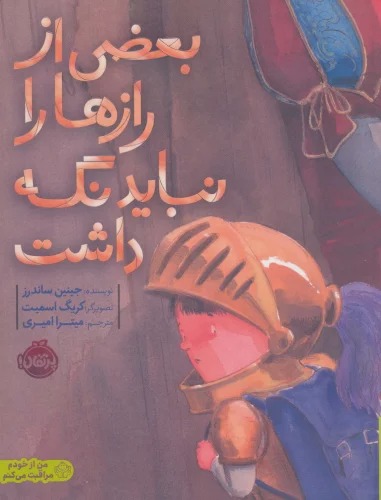

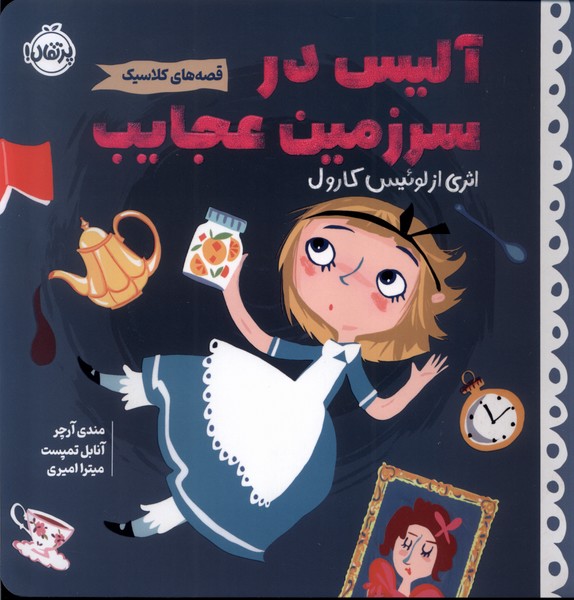
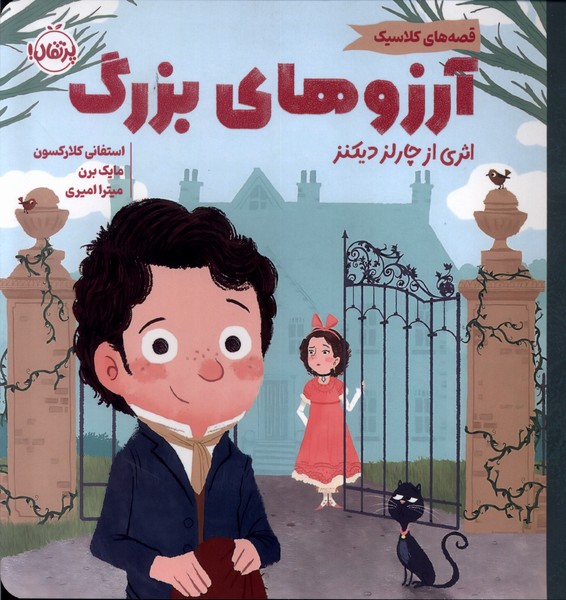
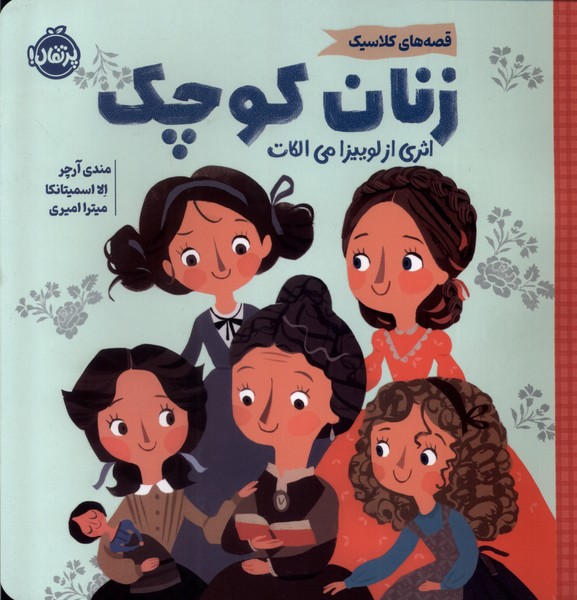
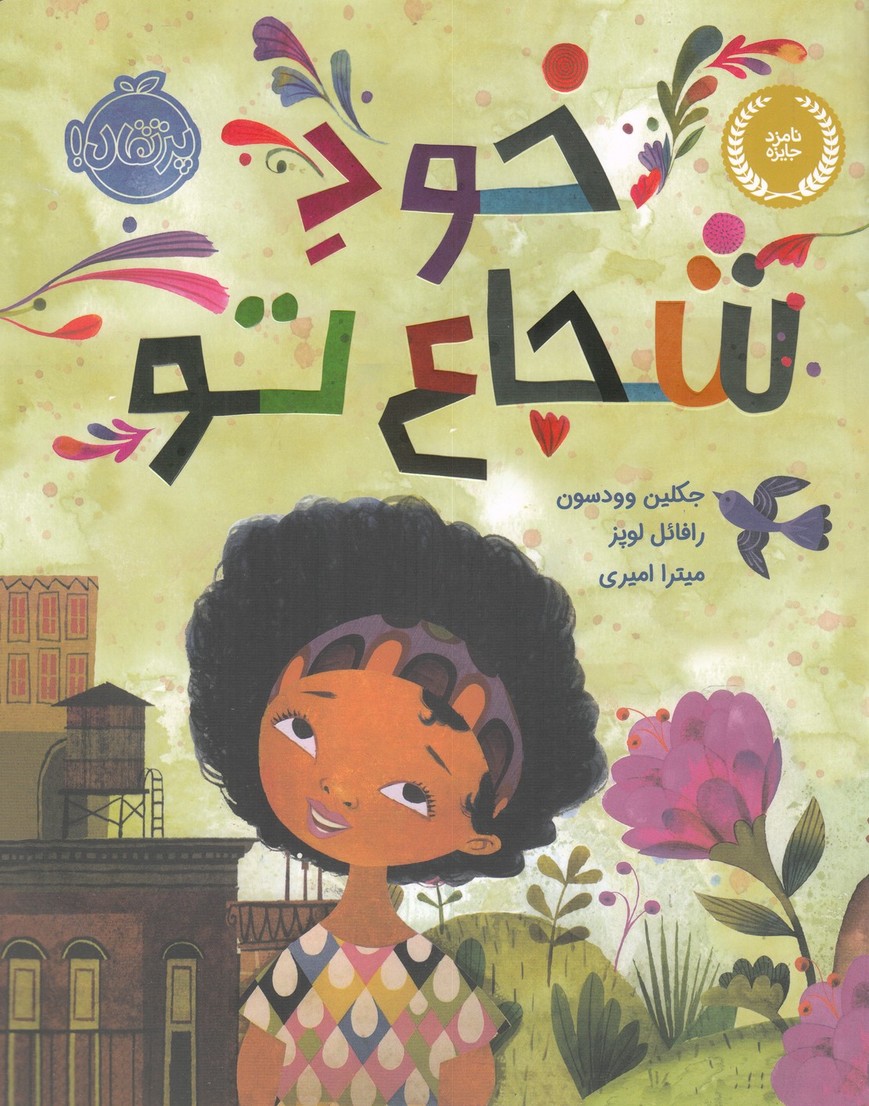
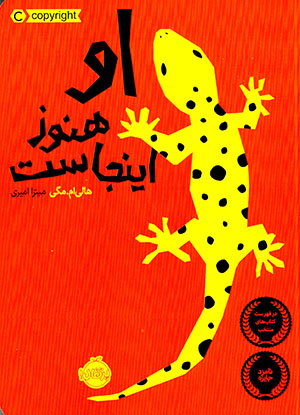

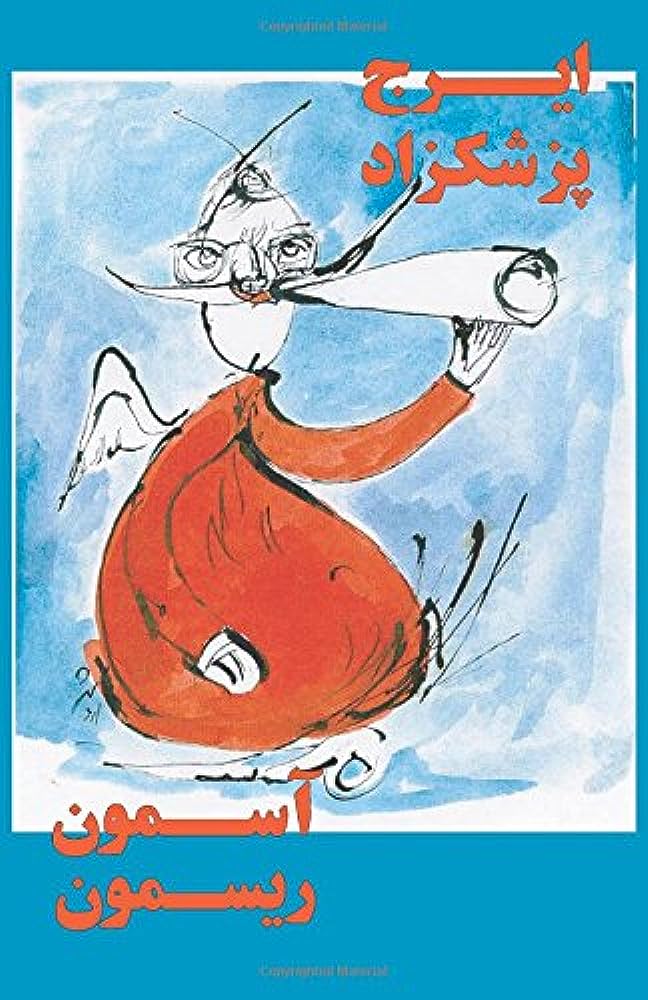

.webp)

